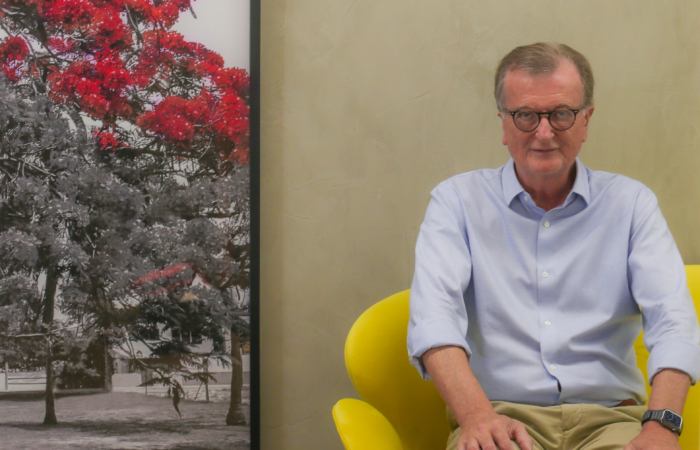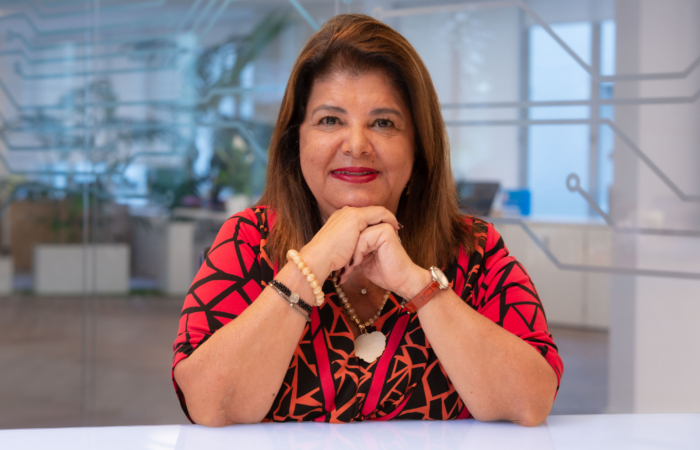
With the mission of connecting people to an active and healthy lifestyle, the sports products and experiences company Track&Field built the brand focused on attention to customer needs and supported by a wellness ecosystem. Created 35 years ago by three high school classmates, who practice sports and have an entrepreneurial spirit, Track&Field currently has 334 stores, of which 44 are owned, 10 outlets and 290 franchises in the country, register annual sales of R$ 1 billion and have around 3,500 employees, including direct employees and franchisees.
The secret to the successful journey?
“You need to have a clear vision of what you are building as a brand and understand what the consumer universe is”, reinforces CEO Fred Wagner, one of the three founding partners.
It's more than a multichannel sports fashion sales network. It produces around 2,000 sporting events per year, including racing circuits, beach tennis championships and customized programs, through the TFSports platform, in addition to promoting a routine of free online classes and a series of wellness experiences. It also invests in concept stores to strengthen ties with its audiences.
In this interview, Fred explains the positioning and purpose of the company's IPO in 2020 and also talks about legacy and the relationship of all this with the brand's reputation.
Check out the main excerpts:
How do you manage a brand that is very close to the final consumer and how is the relationship with this customer?
From the point of view of consumption, we have to serve the consumer in the channels he expects to buy. Not only in traditional ones, such as e-commerce, but in alternative ones, such as social selling. The idea is to always be able to serve the consumer with a product and deadline, digitally or in person. And, also, to adapt quickly, as we did in the pandemic, adapting when the stores closed. The speed at which you enter the market also changes with the technology, and depends on whether you develop or integrate it. In addition, consumers are seeking not only brands with purpose, but also brand extensions in alternative and related product experiences. We created, for example, TFC-Food&Market, our food store with a healthy approach. The relationship with the consumer must be built according to his different moments.
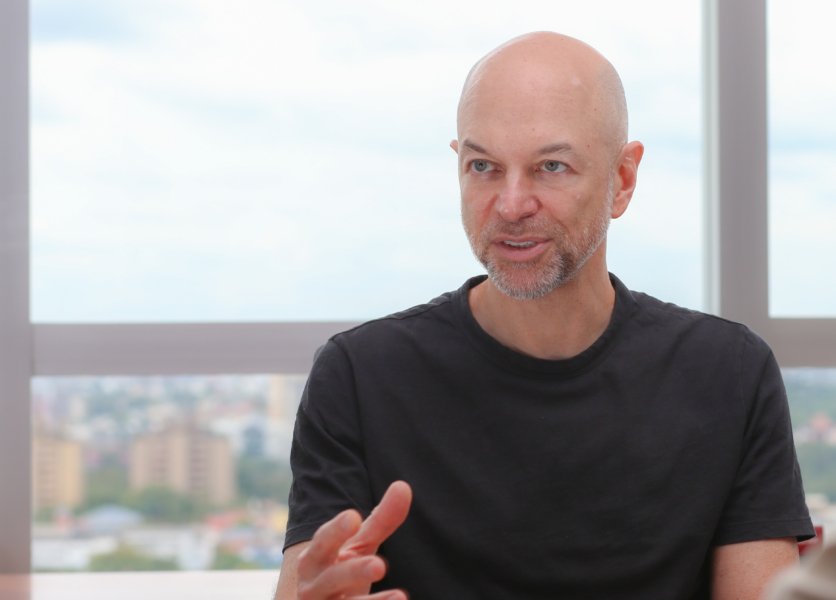
In practice, what is it like to build this relationship with the consumer?
You need to have a clear vision of what you are building as a brand and understand what the consumer universe is. You need to be very disciplined. Every day there is someone knocking on your door to offer something that would correlate to your brand. When we started TFC-Food&Market, for example, we were offered the possibility of a Track&Field isotonic. But Track&Field is a sports fashion brand, not isotonic. Consumers must have it clear in their heads that when they look at a Track&Field brand, they are looking at a sports fashion brand. We have to have the best vegan isotonic brand. And we have. It is not a partnership, nor a collab. We are going to sell the brand because it is what our consumers want: the best brand. People's first reaction is to collab, mix brands. This creates a foggy brand perception environment. (It's needed) understand very well what your brand is and have the discipline of the boundary between what to put your brand on and what to do with other brands and experiences to complement it.
How do you see the current scenario in terms of positioning, visibility and exposure in relation to people's reaction on the networks?
The most important thing we say to employees is that it has to be genuine. For movements that we make, I look: are they genuinely our values or are we doing (these moves) because we want to position ourselves on how people are going to react to this? You shouldn't make an effort to be inclusive, you should naturally be inclusive. It is important to be informed, read, be very connected and also be able to count on advice. It's important to connect with younger generations.
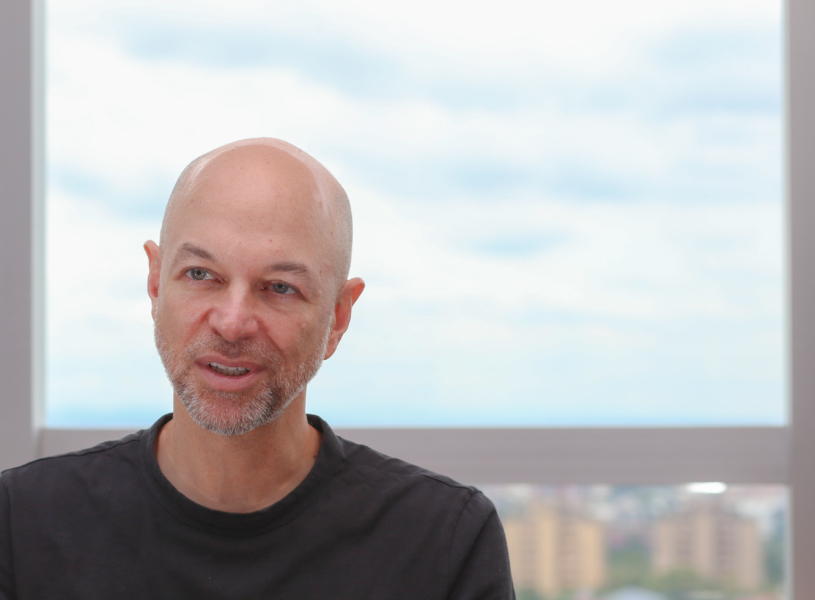
What are the country's main challenges in the fashion sector and what are they in relation to Track&Field?
The biggest challenge for the sector is the tax burden. It is Brazil's biggest challenge. It is an absurd tax burden, and the consumer ends up paying. It is a difficult moment in the world. We are seeing things coming from artificial intelligence. What is the boundary of this? Imagine what can happen in relation to manual work, to agroindustry. It has a lot of impact. Our generation will still see more structural changes. And, when you go into the world of fashion, there are “n” challenges, such as sustainability. Our society also has a big health challenge. So much processed food has never been eaten, 50% of people have insulin resistance, 20% of people have diabetes. We will have to learn how to eat right, stay healthy.
“We have a clear mission that guides all our initiatives. This is a great social challenge: health.”
Does this enter into your universe and the brand?
As a brand, it's a bit like that. Our mission is to connect people to an active and healthy lifestyle. So, that goes for fashion, for events, for food. We have a clear mission that guides all our initiatives. This is a great social challenge: health.
What are the company's strategies to act more in this direction?
Promoting sports events, supporting initiatives that stimulate people's awareness. It's how we do it: connecting people to a lifestyle.
How does Track&Field keep its culture and mission aligned in view of its wide capillarity, with hundreds of franchisees?
We have a big job of supervision. Franchisees have our values. The selection of franchisees is meticulous, we don't do fairs, we don't sell franchises as a business. And even then, we have challenges.
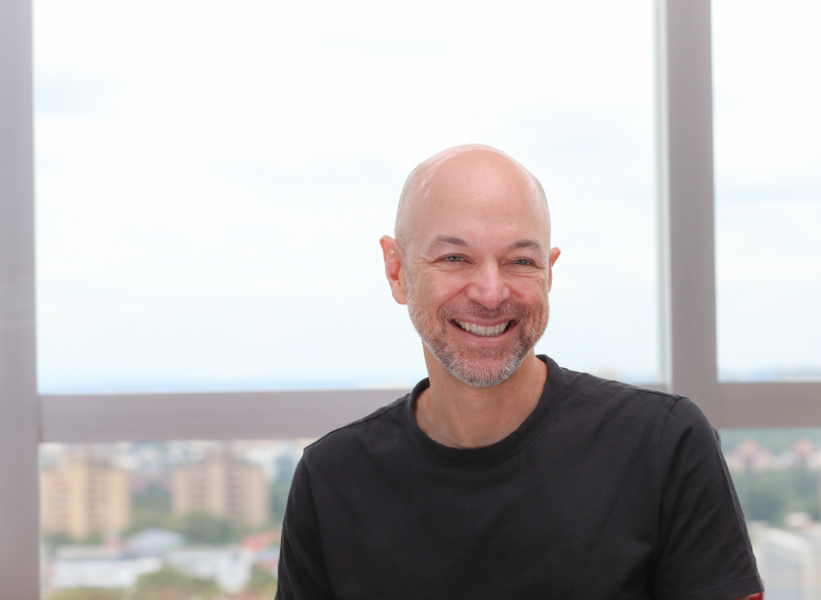
“We went public, but we remain an owner company. We have a very good relationship with investors who want this founder culture within the company in the long term.”
What determined the decision to go public in October 2020 and what is the difference between being a founder and a publicly traded company?
We are a hybrid company. We went public, but we remain an owner company. We are concerned about maintaining a strong culture. It is very good to keep this mixture. What motivated us to go public was that we, the three founders, having been together for 35 years, in a long and good relationship, realized that we needed to do some things. First, to perpetuate the company; then to organize the corporate relationship and to have mechanisms to attract executives who had a strong commitment to the company. We entered into a shareholders' agreement between the partners and (about) how the next generations of reference shareholders will relate to the company, not being executives, but directors. And we started a project to create a culture of training executives. We created a different structure (supervoting stock, which the founders followed as controllers), exactly because we have a very strong culture of founders. We have a very good relationship with investors who want this founder culture within the company in the long term. And I work to create this culture among the executives, it is also a matter of how the company goes forward.
What is the scenario of the fashion industry in the face of this macro moment, of polarization and challenges in the field of technology? How does the company navigate, preserve and maintain itself in the perception of its public?
It is a day to day job. And it's important to have someone outside to do that. We monitor everything that comes from a complaint. Acts on time. Facts happen, we have to be open-minded to work correctly and quickly, and also to correct in advance what happens to other companies. This is the mind of investors. They see things that happen in the market and ask: do you have this? You do this? What is your practice? It's interesting. You can also learn from the successes and mistakes of companies in other sectors. Our ecosystem looks a lot at the end customer, both in terms of experience and product, franchisees, suppliers, sewing factions and investors. We have to understand how all of them are within the progress of the company. Every successful company has an ecosystem. You know that thing you say 'but the founder won't let you do that?', he has a vision of the ecosystem, of what has to be protected.
“The more you expose yourself, the more responsibility you have for everything you say. You have to be careful to be coherent, to act correctly and to remain as you have always been.”
Still regarding the IPO, what concerns did you not have before and have since the IPO?
Now everything is public. Our numbers are public, our sales are public.
What does it all mean to become more public?
You have to be a little more prepared to deal with this exposure. The more you expose yourself, the more responsibility you have for everything you say. You have to be careful to be coherent, to act correctly and to remain as you have always been, more in the personal part, in terms of values, not being fooled by the feedback from the exhibition.

You brought up the concerns that we are currently experiencing and in relation to the perspectives of disruptive changes. How do you see the future of Track&Field?
Track&Field's potential is huge. The idea of connecting people to an active and healthy lifestyle will become more evident as society understands the importance of being healthier, exercising and eating right. It is an awareness that is coming. Physical activity and proper nutrition are things that will no longer be alternatives to be things that will start to engage. Within quality of life, people will want to start accessing sports fashion, experience, healthy eating. We are positioned to support this audience to do so. We are very well placed for the future. When we talk about technology, technology comes in everything, in increasingly functional products. We have been noticing the integration of products with health monitoring. This integration starts to migrate a little bit from the product you sell to how you monitor health and nutrition. All this health technology, exams and monitoring is in the new generation of smartwatch, which comes with a blood glucose monitor. There is a technological movement in relation to an active and healthy life that we will naturally offer more and more. We already offer a sporting goods marketplace, will offer a food marketplace and, who knows, later on, a health marketplace.
How long?
It is still far. Initially, we have to consolidate the first two.
“The problem is when a competitor is disloyal, when the competitor doesn't have the same rules of the game as you do.”
How does Track& Field position itself in relation to the competition, including having to face foreign competitors?
Ethical competition is natural and good. It motivates the company to develop, to surpass itself. When you have a competitor who does the right thing, it's healthy. When we went public, I asked Galló (José, Chairman of the Board of Directors of Lojas Renner) about Renner's success and he said two things: transparency and having a competitor. So, to develop, that's it: to have transparency and competition. These are his values, of everything he did at Renner; we cannot despise. The problem is when a competitor is disloyal, when the competitor doesn't have the same rules of the game as you. Naturally, this type of competition only lasts for a while in the market, because it is not sustainable. I don't think competition is an issue. You have to look and learn too. Competition is also part of the ecosystem.
Christianne Schmitt is editor of the Reputation Feed and Lucia Ritzel is a journalist and Head of Content at ANK Reputation
christianne.schmitt@ankreputation.com.br
